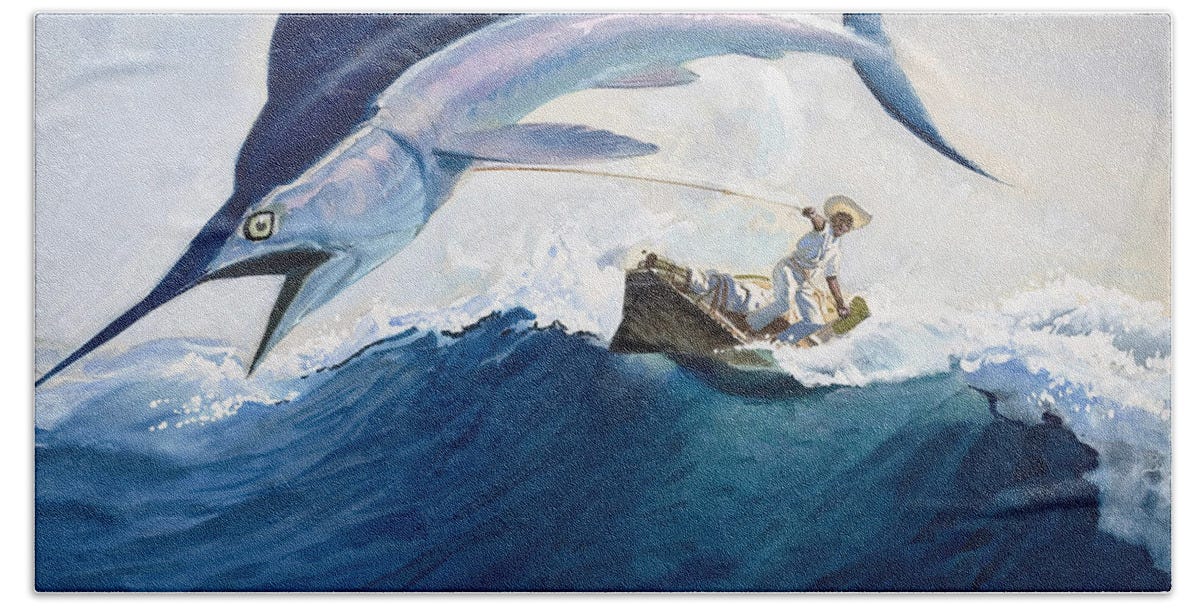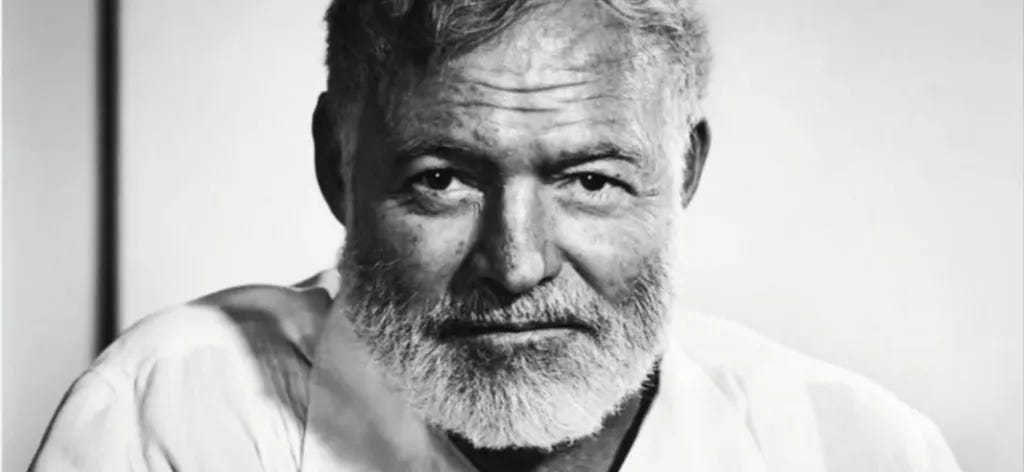“Now is no time to think of what you do not have. Think of what you can do with what there is.”
― Ernest Hemingway, The Old Man and the Sea
Genre: Literary Fiction, Classics
My Rating: 4 out of 5 stars
This is a very short book, technically a novella, about an old fisherman named Santiago who lives in a shack off the coast of Cuba. He hasn’t caught a fish in eighty-four days and is the laughing stock of his tiny fishing village. He has no friends or family except a boy named Manolin, who cares for him daily. The boy used to work on his boat until Santiago stopped catching fish and Manolin’s parents had him go work on a more successful boat. But he continues to look after the old man because of their bond.
On the eighty-fifth day, Santiago goes out to sea, but this time beyond the reef and into the Gulf Stream where it probably isn’t very safe for his little skiff. But he ends up hooking an eighteen foot marlin out there. It’s the catch of a lifetime and he refuses to let go. The rest of the book is him fighting with this fish who takes him farther and farther out to sea. During this struggle he endures exhaustion and hunger. The ropes cut into his hands. His back aches. But his pride keeps him from letting go of his prized catch.
The old man has great respect for this fish and talks out loud to it, and to himself. I found it endearing that he talked to himself—he has no one else but the birds and fish and his own thoughts. It’s through this internal monologue that we learn about his character.
Eventually, he brings the marlin in close enough where he can kill it. And because it’s bigger than his boat he has to strap it to the side and the blood from the slain marlin attracts, you guessed it, sharks. On his way back to shore over the next couple days, he fights these sharks who keep taking chunks out of his prize fish, and by the time he arrives home, there is nothing left but a boney carcass.
I wasn’t sure I was going to enjoy this book because I don’t care much about fishing. After reading this book, I still don’t. But it did resonate on a more spiritual level. Santiago would rather be destroyed than defeated—pride. Pride takes him into the deep sea where an old man has no business in that little boat. Then, against all odds, he gets his win. He’s finally going to get some respect in his little village. But then nature reclaims his prize and he has nothing to show for it.
But even in defeat, Santiago is able to find purpose in having endured such an epic struggle. He found meaning through his pain. In the end, he sleeps soundly and dreams of lions playing.
If you enjoyed this book review, feel free to check these out!






